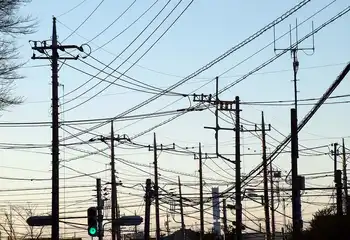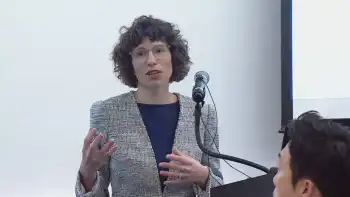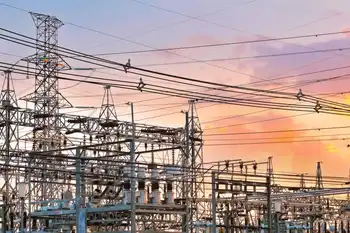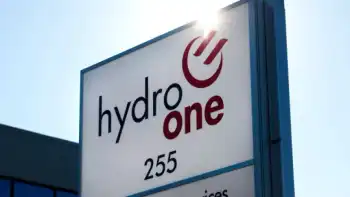No more free hookups for new homes
GOLD BEACH, OREGON - There'll be no more free electrical hookups for new homes served by the Coos-Curry Electric Cooperative.
"We used to give transformers and meters for free," General Manager Roger Meader told the dozen co-op members attending a Town Hall meeting in Gold Beach recently.
"Nothing is free in the future."
Meader said the co-op's board of directors voted at their January meeting to start the new policy effective Feb. 1.
The new policy modifies the cooperative's line extension practices with the most significant change being in the amount the member requesting new service installation must pay.
The cooperative previously provided a suitable transformer or meter for each new service.
"The policy guidelines have been adjusted over the years, but the bottom line is, the days of putting in free services are gone and now we must start asking new members to pay for the services they are asking us to provide," Meader said.
Members applying for new service will receive a written estimate for the cost of a new line extension, a modification of existing service or providing temporary power.
The policy says costs may include, but are not limited to: materials; labor and transportation costs; permit fees; filing fees; independent consultants; and contractors.
Payment based on the estimate must be made before construction begins and will be adjusted after the work is completed and the actual cost of construction is determined.
All new installations or modifications to existing electrical services must comply with the latest revisions of the National Electric Safety Code, county building codes, electrical codes and CCEC's construction standards.
"We buy all stainless steel transformers at a high cost," Meader said. "If you live in Bend, where you don't need stainless steel, it's a lot cheaper."
He said Coos-Curry spends $850,000 to $1 million a year for transformers.
"We want to make sure that we protect the integrity of the system and that the services we install will withstand the harsh coastal climate we have here," he said.
He said the policy will begin Feb. 1 to allow proper notification to city and county building departments for Coos and Curry counties, electrical contractors, realtor and home builders associations and the general membership.
Related News
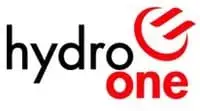
Hydro One employees support Province of Ontario in the fight against COVID-19
TORONTO - Hydro One Networks Inc. ("Hydro One") announced support to the Ministry of Health (MOH) with its efforts in contacting travellers entering Ontario to ensure they comply with Canada's mandatory quarantine measures to combat COVID-19. Hydro One has volunteered employees from its customer service operations to contact thousands of returning travellers to provide them with timely guidance on how to self-isolate and spot the symptoms of the virus to help stop its spread.
"Our team is ready to lend a helping hand and support the province to help fight this invisible enemy," said Mark Poweska, President and CEO, Hydro One.…

